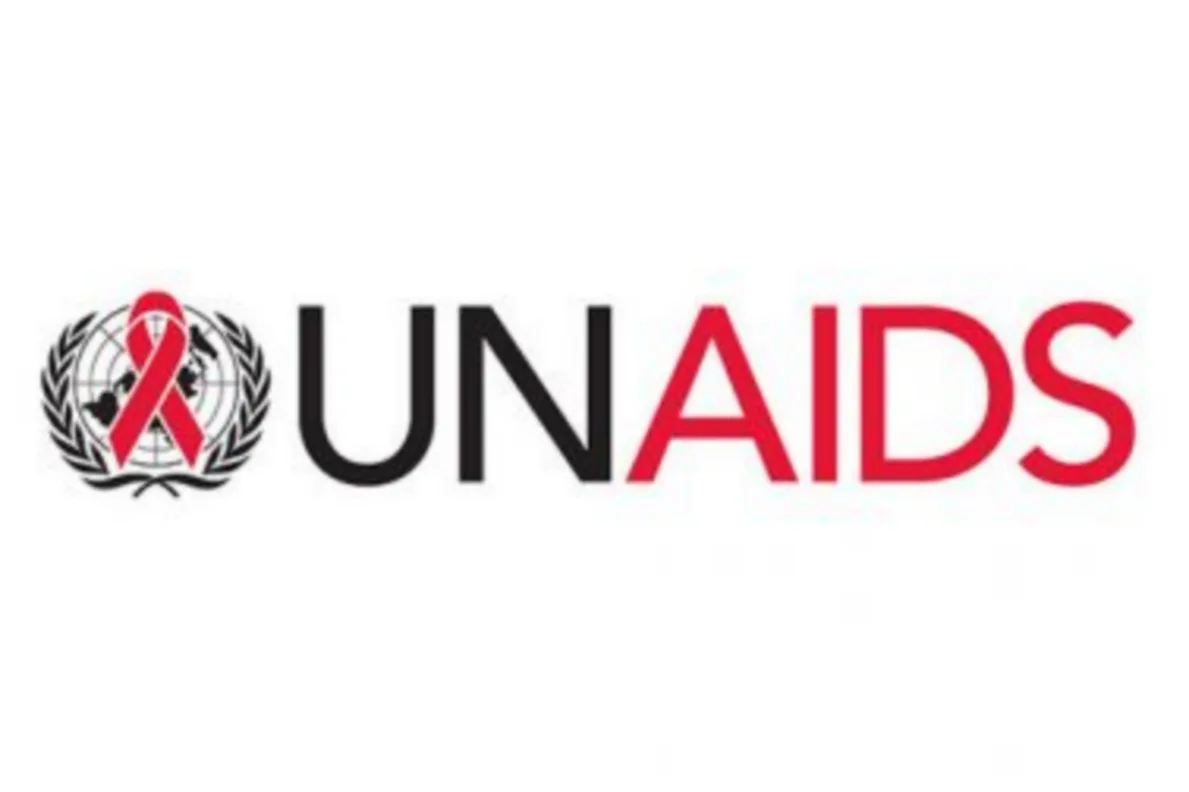Nigerian civil society organisations have strongly condemned a United Nations proposal to dismantle the Joint United Nations Programme on HIV/AIDS (UNAIDS) by the end of 2026, warning that such a move would reverse decades of global progress in the fight against HIV and AIDS.
In a joint statement issued on Sunday, the coalition described the proposal as ill-timed and a major setback to the UN’s commitment to millions of people across the world. The statement was signed by the Network of People Living with HIV and AIDS in Nigeria, Nigeria Key Population Health and Rights Network, International Community of Women Living with HIV – West Africa (ICW-WA), Association of Women Living with HIV and AIDS in Nigeria, Association of Positive Youth Living with HIV and AIDS in Nigeria, and the Civil Society Network for HIV and AIDS in Nigeria.
The Nigerian Coalition of Community Networks and Civil Society Organisations, which issued the statement, said it represents a unified voice of community-led and civil society groups, advocates, and health rights defenders committed to advancing the HIV response, protecting vulnerable populations, and holding institutions accountable.
UNAIDS has for years led global action with its vision of zero new HIV infections, zero discrimination, and zero AIDS-related deaths. However, on September 18, the UN Secretary-General António Guterres, in his report under Workstream 3 of the UN80 Initiative titled “Shifting Paradigms: United to Deliver,” revealed a plan to end the UNAIDS programme. He said, “We plan to sunset UNAIDS by the end of 2026. This would entail mainstreaming capacity and expertise into relevant entities of the UN development system in 2027.”
The UN80 initiative, launched in March 2025 to mark the organisation’s 80th anniversary, is a system-wide reform effort aimed at restructuring the UN. The Nigerian coalition warned that the UNAIDS proposal, if implemented, could lead to millions of new HIV infections and AIDS-related deaths, weaken advocacy for vulnerable groups, undermine the Sustainable Development Goals, and derail the global commitment to ending AIDS by 2030.
In their statement, the groups said, “We, the Coalition of Community Networks and Civil Society Organizations in Nigeria, express our profound alarm and deep concern about the recommendation contained in the UN80 Initiative to ‘sunset UNAIDS by the end of 2026’ as part of a broader restructuring of the United Nations system. We view the attempt to dismantle the UN agency dedicated to the global HIV/AIDS response as ill-timed and a setback that signals a profound departure from the UN’s commitment to millions of lives worldwide.”
The coalition further argued that although global efforts have reduced HIV infections and AIDS-related deaths, progress remains uneven across regions. They stressed that UNAIDS has been guiding governments and communities in building inclusive and sustainable HIV responses that are largely funded by domestic resources.
“The proposal to dismantle UNAIDS is not only ill-advised but dangerously shortsighted and a betrayal of communities living with and affected by HIV. UNAIDS has been advancing a transition path that prioritizes inclusive, multisectoral, and sustainable national HIV responses, led by governments and communities, and funded largely by domestic resources. AIDS is not over, and the global AIDS response has been upset in recent times so much that it requires deliberate and concerted efforts to achieve the SDG target of ending AIDS by 2030,” the groups said.
They cautioned that scrapping UNAIDS at this stage could erode donor confidence from major partners such as PEPFAR and the Global Fund, while also creating uncertainty for communities still struggling with the epidemic. The coalition emphasized that UNAIDS is the only UN agency that places communities and civil society at the heart of its governance and mandate.
“To contemplate dismantling it is to betray the very people it was created to serve, especially women and young people living with HIV and key populations who rely on its leadership, advocacy, and convening power. Removing this essential pillar of the global AIDS response will also cost lives, undermine the coherence of the HIV response, and weaken the partnerships with civil society, communities, government, and partners which have been central to UNAIDS,” they said.
The coalition also raised questions about who would take responsibility for coordinating the global HIV response if UNAIDS is dismantled, whether the UN is abandoning its 2030 pledge, and if the move signals a retreat from global solidarity.
They called on Guterres and UN Member States to reject the proposal and instead strengthen UNAIDS’ mandate and core functions. “We acknowledge the importance of reforming and modernising the UN system. However, we reject any attempt to use the UN80 process as a vehicle to disrupt or dismantle progress in the global HIV response. We urge the Secretary-General to intervene decisively to halt the confusion and uncertainty this proposal has caused among stakeholders, especially communities, civil society, and donors. The path forward must reaffirm UNAIDS’ role and accelerate efforts to achieve the goal of ending AIDS as a public health threat by 2030.”
The coalition concluded by reaffirming its readiness to work with the UN and Member States on solutions that protect the legacy of UNAIDS and ensure that no one is left behind in the fight against HIV and AIDS.

